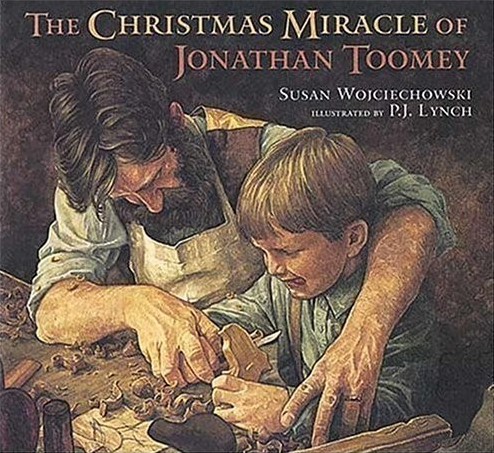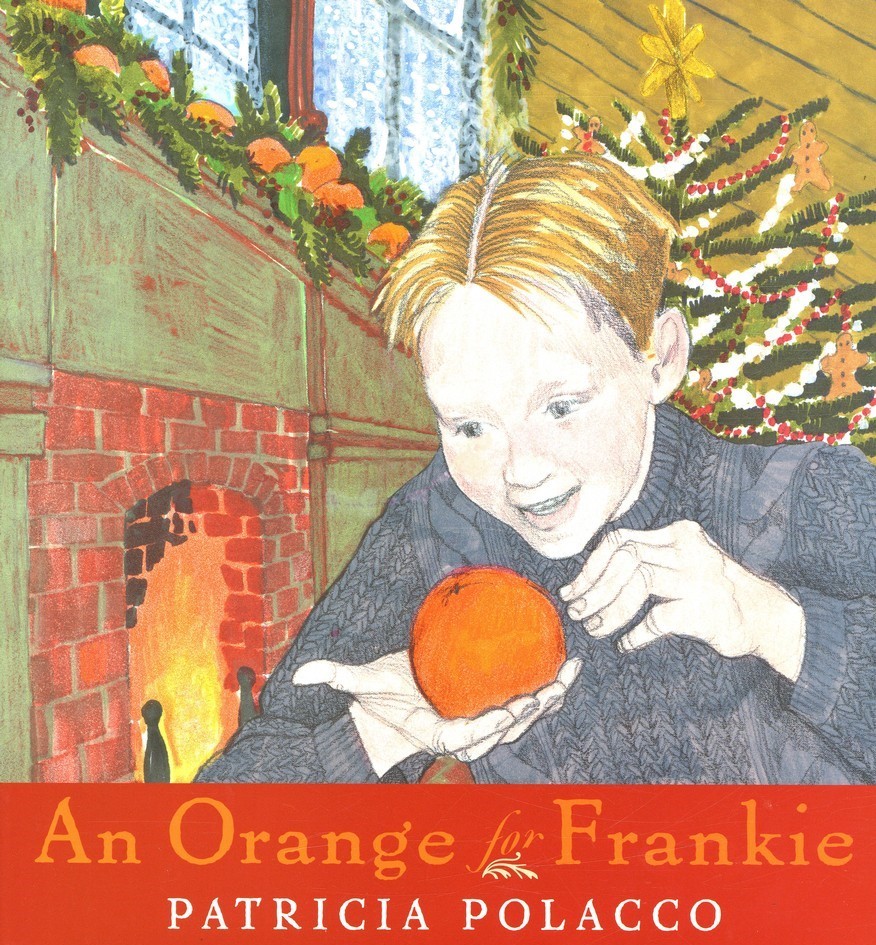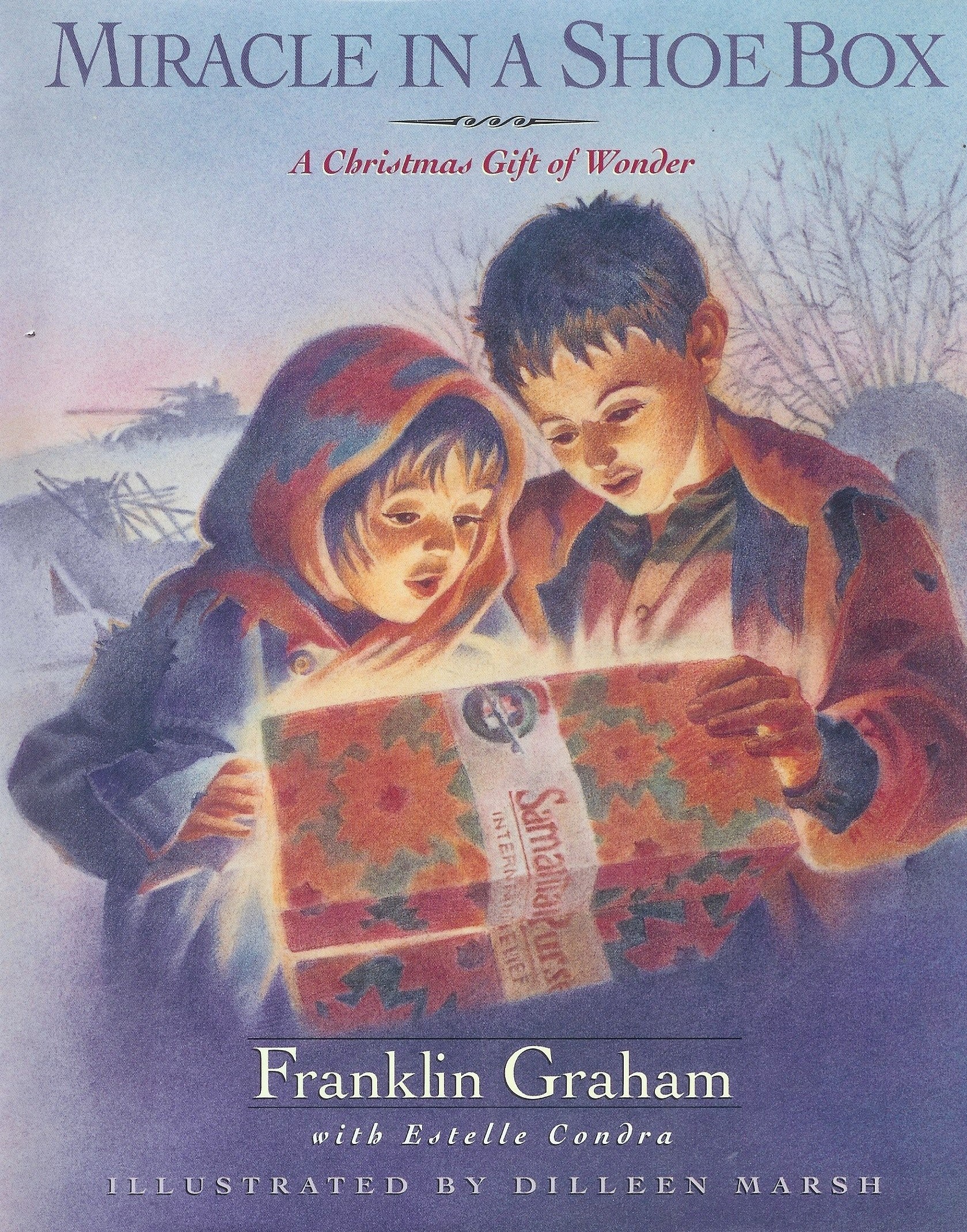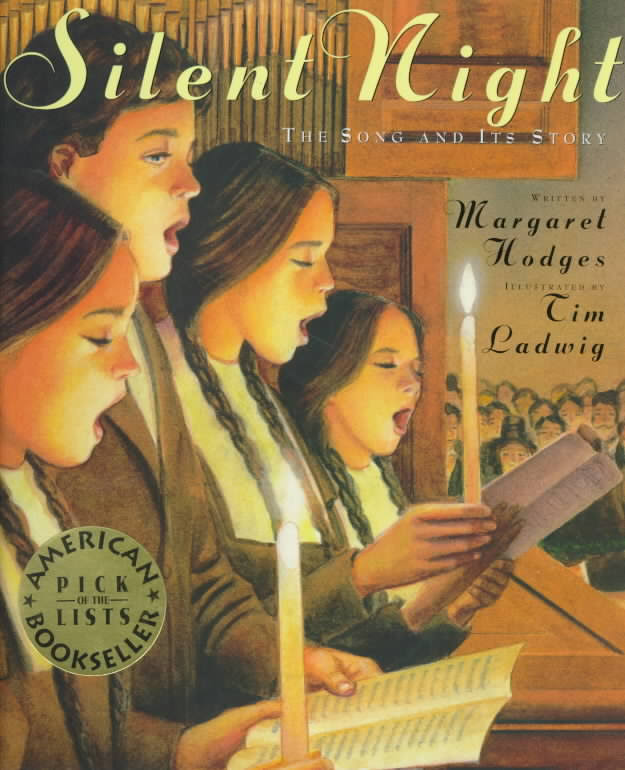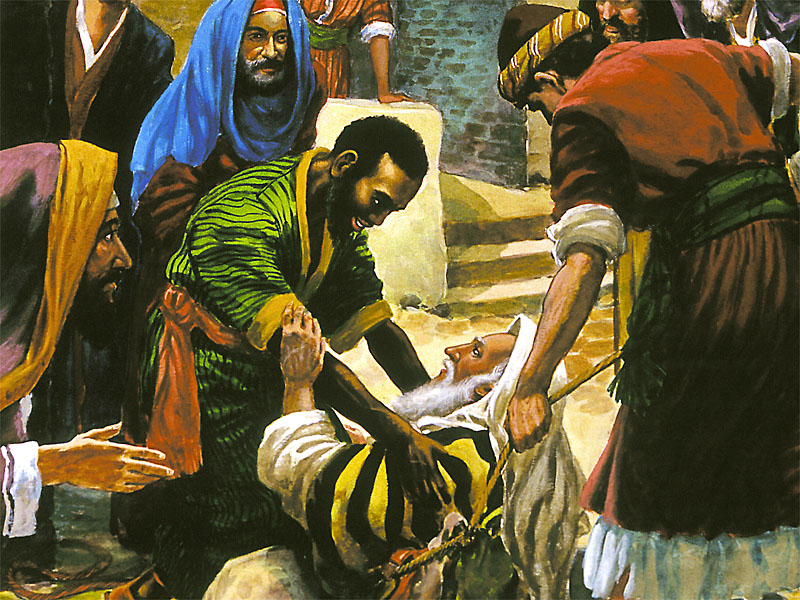I have enjoyed writing stories and poems over the years and am thankful for Christian parents who have trained and directed me in using this ability for God’s glory. Following are some thoughts on how the Ten Commandments apply in the area of writing. While I am still learning myself, I hope these considerations will prove a blessing to other writers aspiring to use their gifts in a way that honors the Giver. The quotes from the Ten Commandments are taken from Exodus 20, and I chose another key Scripture for each command as well.
- “I am the LORD thy God, which have brought thee out of the land of Egypt, out of the house of bondage. Thou shalt have no other gods before me.”
“And thou shalt love the Lord thy God with all thy heart, and with all thy soul, and with all thy mind, and with all thy strength: this is the first commandment.” [Mark 12:30]
Does my writing draw me closer to the one true God? Does it point others to Him? I am commanded to love Him with all my heart, soul, mind, and strength. Let me especially think about the mind in regards to writing. God designed the human brain in a fearful and wonderful way (see Psalm 139:14), and He expects it to be used for His glory. In the words of Frances Ridley Havergal’s timeless hymn of consecration, “Take my intellect and use / Every pow’r as Thou shalt choose.” And Elvina M. Hall wrote, “Jesus paid it all; / All to Him I owe.” Am I writing for myself, or am I truly writing for the Lord? Work done for God’s glory will be done heartily—to the best of my ability with His help (see Colossians 3:23-24).
Charles Sheldon’s classic In His Steps challenges believers to judge every action with the question “What would Jesus do?” One of the characters in the novel is a young woman named Rachel Winslow, who loves to sing, is gifted with an exceptional voice, and receives an offer to join a concert company and make a substantial salary. In evaluating this decision according to Jesus’ probable action in the same circumstance, she says to her mother, “Mother, I have made up my mind to use my voice in some way so as to satisfy my own soul that I am doing something better than pleasing fashionable audiences, or making money, or even gratifying my own love of singing. I am going to do something that will satisfy me when I ask: ‘What would Jesus do?’ ” [p. 55, Charles Sheldon, In His Steps, Barbour & Company, Inc., 1993]
I love to write, but my work must do more than gratify my own love of writing. To be worthwhile, it must glorify God and direct others to Him. When Jesus was on earth, He ever sought the Father’s will and the Father’s glory. I must follow His example.
- “Thou shalt not make unto thee any graven image. . . . Thou shalt not bow down thyself to them, nor serve them: for I the LORD thy God am a jealous God.”
“And we know that the Son of God is come, and hath given us an understanding, that we may know him that is true, and we are in him that is true, even in his Son Jesus Christ. This is the true God, and eternal life. Little children, keep yourselves from idols. Amen.” [I John 5:20-21]
My work or any part of it must not come between my Lord and me, or it has become an idol. Am I careful to worship only the true God and not the work of my hands or my mind? I may come to be fond of characters in a novel, for example, but it would be foolish to idolize them. They are not alive and cannot do anything for me. Worshiping and serving “the creature more than the Creator, who is blessed for ever,” is condemned in Romans 1:25.
Jesus, my Creator and Redeemer, must be my first priority, for anything I can do is only because of Him. He said in John 15:5, “I am the vine, ye are the branches: He that abideth in me, and I in him, the same bringeth forth much fruit: for without me ye can do nothing.” And in Revelation 2:2-5 He rebuked the church in Ephesus and commanded them to repent because—although they had zeal, patience, and perseverance—they had left their first love for Him. I must not become so caught up in my projects that I neglect my relationship with my Savior.
- “Thou shalt not take the name of the LORD thy God in vain; for the LORD will not hold him guiltless that taketh his name in vain.”
“God is greatly to be feared in the assembly of the saints, and to be had in reverence of all them that are about him.” [Psalm 89:7]
For a Christian author, it should be obvious that God’s name must be used reverently. Do I also vigilantly guard against writing anything else that would dishonor Him? Swear words are not the only form of disrespect. Jokes about sacred topics, for instance, should not be found in a Christian’s writing.
Even in the lines of antagonists or those of erring protagonists, do I, as the author and narrator, exercise godly discretion? A good example of this is found in Matthew 26:73-74a, the account of Peter’s third denial: “And after a while came unto him they that stood by, and said to Peter, Surely thou also art one of them; for thy speech bewrayeth thee. Then began he to curse and to swear, saying, I know not the man.” Matthew, writing under God’s inspiration, honestly tells us that Peter used ungodly language, but he does not spell out exactly what Peter said and thus defile the minds of the readers. The psalmist praised God in Psalm 119:140, saying, “Thy word is very pure: therefore thy servant loveth it.” Are my words pure and reverent?
- “Remember the sabbath day, to keep it holy. Six days shalt thou labour, and do all thy work: But the seventh day is the sabbath of the LORD thy God.”
“Six days thou shalt work, but on the seventh day thou shalt rest: in earing time and in harvest thou shalt rest.” [Exodus 34:21]
Even when deadlines are closing in, even when pressure is great, do I still set apart the Sabbath for rest and worship? Putting aside for-profit projects on Sundays is an acknowledgement that I trust God to supply the time, strength, energy, and inspiration I need, realizing that they come solely from Him.
God instituted a weekly day of rest for our benefit. Jesus said in Mark 2:27b, “The sabbath was made for man, and not man for the sabbath.” In the context we see that He was reproving the Pharisees for their legalism and devotion to man-made regulations. He was defending His disciples’ right to pluck and eat a few ears of corn. In the next chapter He demonstrated His own authority to heal on this holy day, asking in Mark 3:4b, “Is it lawful to do good on the sabbath days, or to do evil? to save life, or to kill?”
Whether Christians are required to keep the Sabbath is a controversial question in some circles. Here is my view, which I hope is supported by Scripture: Have any of the other nine commandments been annulled? Is it now permissible to serve idols, to swear, or to steal? Jesus has indeed given us liberty, having kept the whole Law for us when He was on earth. We do not need to offer animal sacrifices or follow the rituals of the Tabernacle. But God’s moral law and standards did not change after Jesus’ death and resurrection. In addition, the Sabbath far predates Moses; God set the pattern of six days of work, one day of rest in Creation Week. And the early Christians set apart the first day of the week, the day of Jesus’ resurrection (Acts 20:7; I Corinthians 16:2; Revelation 1:10). In his entry on the Sabbath in Smith’s Bible Dictionary, William Smith, L.L.D., observed, “Christ’s words do not remit the duty of keeping the Sabbath, but only deliver it from the false methods of keeping which prevented it from bestowing upon men the spiritual blessings it was ordained to confer.” [p. 575, William Smith, L.L.D., Smith’s Bible Dictionary, Hendrickson Publishers, 1999]
As an example of lawfully doing good on the Sabbath, let me consider an incident from the life of William Carey, a pioneer missionary to India. He generally set apart Sundays for preaching, worship, and rest and would not have gone about his regular labors. At one point, however, on or just before a Sunday, a long-awaited order came from the government, putting an end to the cruel practice of suttee; and Carey was supposed to translate the document into the Bengali language. He decided that translating and distributing this order was a completely acceptable use of the Sabbath, for many innocent lives could have been lost by a delay of only twenty-four hours. [p. 50, J.J. Ellis, William Carey: The Cobbler Who Became the Mighty Pioneer in India, Keepers of the Faith, 2003]
- “Honour thy father and thy mother: that thy days may be long upon the land which the LORD thy God giveth thee.”
“A wise son maketh a glad father: but a foolish man despiseth his mother.” [Proverbs 15:20]
Does my work honor my parents and the godly training they have given me? I can look at this from two different angles.
First, does what I write reflect God’s pattern for families and revere the authority systems He established? According to Philippians 2:15b-16a, believers are called to be “blameless and harmless, the sons of God, without rebuke, in the midst of a crooked and perverse nation, among whom ye shine as lights in the world; Holding forth the word of life.” Strong, functional families who strive to serve the Lord together can be a good testimony, and my writing should reflect and promote Scriptural norms and principles.
Just how important are family relationships? They are, in fact, foundational. Family is an important theme throughout Scripture. The marriage of a faithful husband and wife is a picture of Christ, who loved the church enough to lay down His life, and His bride, who is loyal and obedient to Him. The parent-child relationship is to be a picture of our relationship with God—of our honor, obedience, gratitude, and love for our Heavenly Father and of His justice, kindness, protection, provision, and love for us. Psalm 128 presents a picture of rich familial blessing for “every one that feareth the LORD; that walketh in his ways,” and David exclaimed in Psalm 133:1, “Behold, how good and how pleasant it is for brethren to dwell together in unity!”
How do I apply these Biblical principles as an author? If I am writing a story, do the children in it respect their parents in thought, word, and deed? Do siblings or spouses live in unity, or are they constantly fighting? While showing a bad example is sometimes instructive to illustrate the consequences of acting in a particular way, I should not allow my characters to get away with sin, and I should not introduce unnecessary temptation to readers.
What do I mean by that? I Corinthians 15:33 warns, “Be not deceived: evil communications corrupt good manners.” If children spend time with peers who are mouthy and disobedient, they are liable to pick up those habits. If adults consistently associate with friends who gossip and complain about their spouses or children, they are apt to find themselves battling similar thoughts and probably falling into those temptations. Friends met in books can have the same type of influence, and favorite books are likely to be reread. Over the course of my childhood and youth, I read a couple of novels I liked nine or ten times each. And it would be difficult to calculate how much time I have spent with Bunyan’s Pilgrim’s Progress and various adaptations of it! To summarize this point, how are readers’ family relationships apt to be affected by reading and rereading my story?
Second, do my habits as an author respect my own family members? Or do I allow myself to be wrapped up in writing when God would have me doing other things, such as caring for my loved ones? Am I willing to put writing “on the back burner” when He presents more pressing responsibilities at home? As a youth, according to Luke 2:51, Jesus was subject to His earthly parents. As an adult He honored His mother and always obeyed His Heavenly Father. In Matthew 15:3-6, He strongly reproved those who neglected their parents under the pretense of giving all to God. Jesus is serious about the fifth commandment.
In addition, in II Timothy 3:2, Paul warned Timothy that in the last days men would be “lovers of their own selves.” It is human nature to think first of oneself before family, others, and the Lord, but may God help Christlike selflessness to have the victory in my life!
Continue with The Ten Commandments: Applications for Authors, Part 2

Copyright © 2018

![]()















